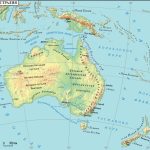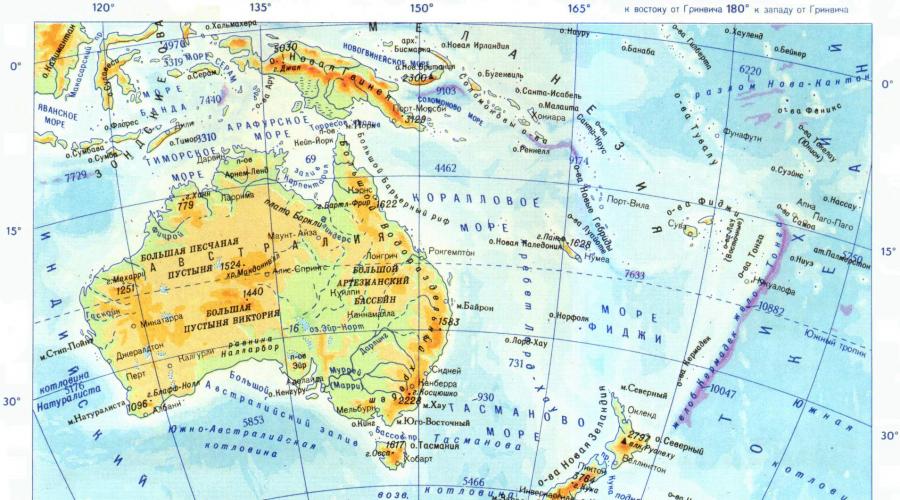
Indigenous Exploration: Long before the arrival of European explorers, Australia’s indigenous peoples, such as the Aboriginal and Torres Strait Islander communities, had an intimate knowledge of the land. They navigated vast distances, using their deep understanding of the environment to survive and thrive. Indigenous exploration involved understanding seasonal patterns, tracking water sources, and mapping their territories through oral traditions and intricate storytelling.
European Exploration: The Dutch were the first Europeans to reach Australia’s shores in the early 17th century. In 1606, the Dutch explorer Willem Janszoon landed on the western coast of Cape York Peninsula. However, it was not until 1770 that the British explorer James Cook charted the eastern coastline of Australia during his voyage on the HMS Endeavour.
James Cook: James Cook’s voyage to Australia was pivotal in the exploration of the continent. In April 1770, Cook and his crew made landfall at Botany Bay, which is now part of modern-day Sydney. He continued north, charting the coastline of Queensland, eventually making his way to the Torres Strait. Cook’s meticulous mapping of the east coast of Australia laid the foundation for future British colonization.
Matthew Flinders: Matthew Flinders, a British navigator and cartographer, played a significant role in the exploration of Australia. Between 1801 and 1803, Flinders circumnavigated the continent aboard the HMS Investigator. His meticulous surveys and accurate maps filled in many gaps in Cook’s earlier charts. Flinders is credited with being the first to suggest the name “Australia” for the continent, which was officially adopted later.
Exploratory Expeditions: Following Flinders’ work, several exploratory expeditions were launched to further explore the interior of Australia. In 1813, Gregory Blaxland, William Lawson, and William Wentworth successfully crossed the Blue Mountains near Sydney, opening up vast tracts of fertile land for settlement. In 1840, Charles Sturt explored the Murray-Darling river system, revealing the vast interior desert region known as the “outback.”
Burke and Wills Expedition: One of the most famous and ill-fated explorations was the Burke and Wills expedition in 1860-1861. Led by Robert O’Hara Burke and William John Wills, the expedition aimed to cross the continent from south to north. Despite initial success, the party faced numerous challenges, including harsh terrain and limited supplies. Tragically, Burke and Wills perished on their return journey, becoming symbols of exploration and sacrifice.
Modern Exploration: In recent times, exploration has focused on scientific research and environmental conservation. Australian researchers have ventured into the depths of the Great Barrier Reef, studied unique flora and fauna in remote regions, and explored the vast wilderness of the Australian Outback. Furthermore, space agencies have used Australia’s remote locations for satellite tracking and deep space exploration.
Conclusion: The exploration of Australia is a captivating tale of adventure, discovery, and hardship. From the indigenous peoples’ ancient knowledge to the European explorers’ epic voyages, each chapter has contributed to our understanding of this magnificent continent. Today, Australia continues to inspire scientific research and exploration, uncovering new mysteries and preserving its natural wonders for future generations



















Add Comment